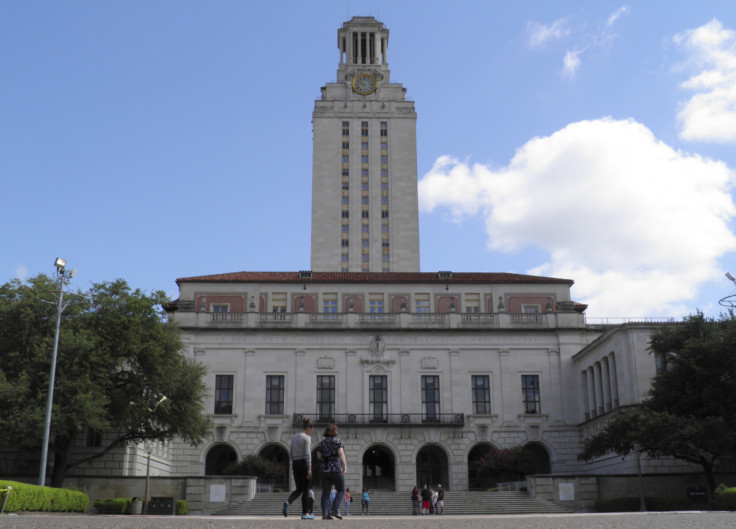
Despite concerns that the 2023 U.S. Supreme Court rulings on race-conscious admissions would deter minority students from applying to college, recent data from the Common App shows that minority applications have not decreased.
College applications from underrepresented minority groups, international students, and those from low and middle-income backgrounds saw a significant increase during the 2023-24 school year, according to the end-of-season report released Thursday.
Applicants identifying as a minority race or ethnicity increased by 11% compared to last year. The most significant growth was observed among American Indian or Alaska Native, Latinx, and Black or African American applicants.
There were also no significant changes found in the types of schools minority students chose to apply to, whether highly selective or less selective, except for a "leveling-off" of Asian applicants' applications to the most selective schools.
"In general ... we do not observe any appreciable changes from ongoing historical trends," the report concluded.
Applicants coming from low- and middle-income backgrounds also jumped 12% over the 2022-23 school year. Notably, international applicants continue to outpace domestic growth, rising 12% since 2022-23, with the biggest increases from Haiti (102%), Ghana (80%) and Mongolia (57%).
Applicant growth was strong across rural, small-town and micropolitan areas as well, the report showed, with increases of 9% to 11%, while metropolitan areas saw a 6% rise. The Southwestern region of the country led with 23% growth, with Nebraska (81%), Oklahoma (49%), and Texas (23%) showing the highest gains. Washington, D.C., also saw a 27.1% jump in applicants.
The number of first-generation applicants grew 5% between, which was slightly lower than the 7% growth among continuing-gen applicants, the report said. However, the number of first-generation applicants has more than doubled in the last decade.
The report did not address admission rates this year for minority applicants, though some institutions have begun releasing those statistics.
The Massachusetts Institute of Technology recently reported a significant decrease in the percentage of Black, Hispanic, Native American and Pacific Islander students in its incoming class of 2028, the institution's first undergraduate class admitted since the Supreme Court's decision to ban affirmative action.
For the class of 2028, about 16% of students belong to these minority groups, the university announced, down from a baseline of approximately 25% in recent years.
However, community colleges and less-selective four-year institutions — where most minority students enroll — are unlikely to see similar impacts from the court's decision since most did not use affirmative action before the ruling.
© 2024 Latin Times. All rights reserved. Do not reproduce without permission.







